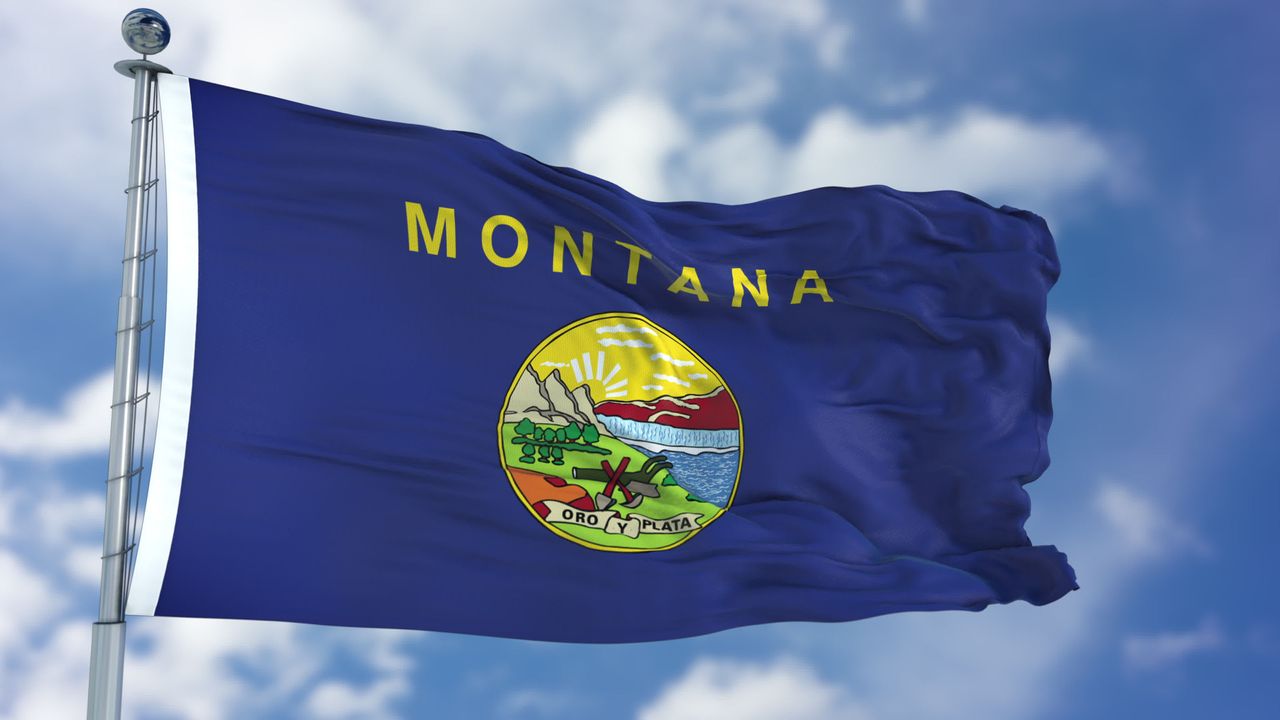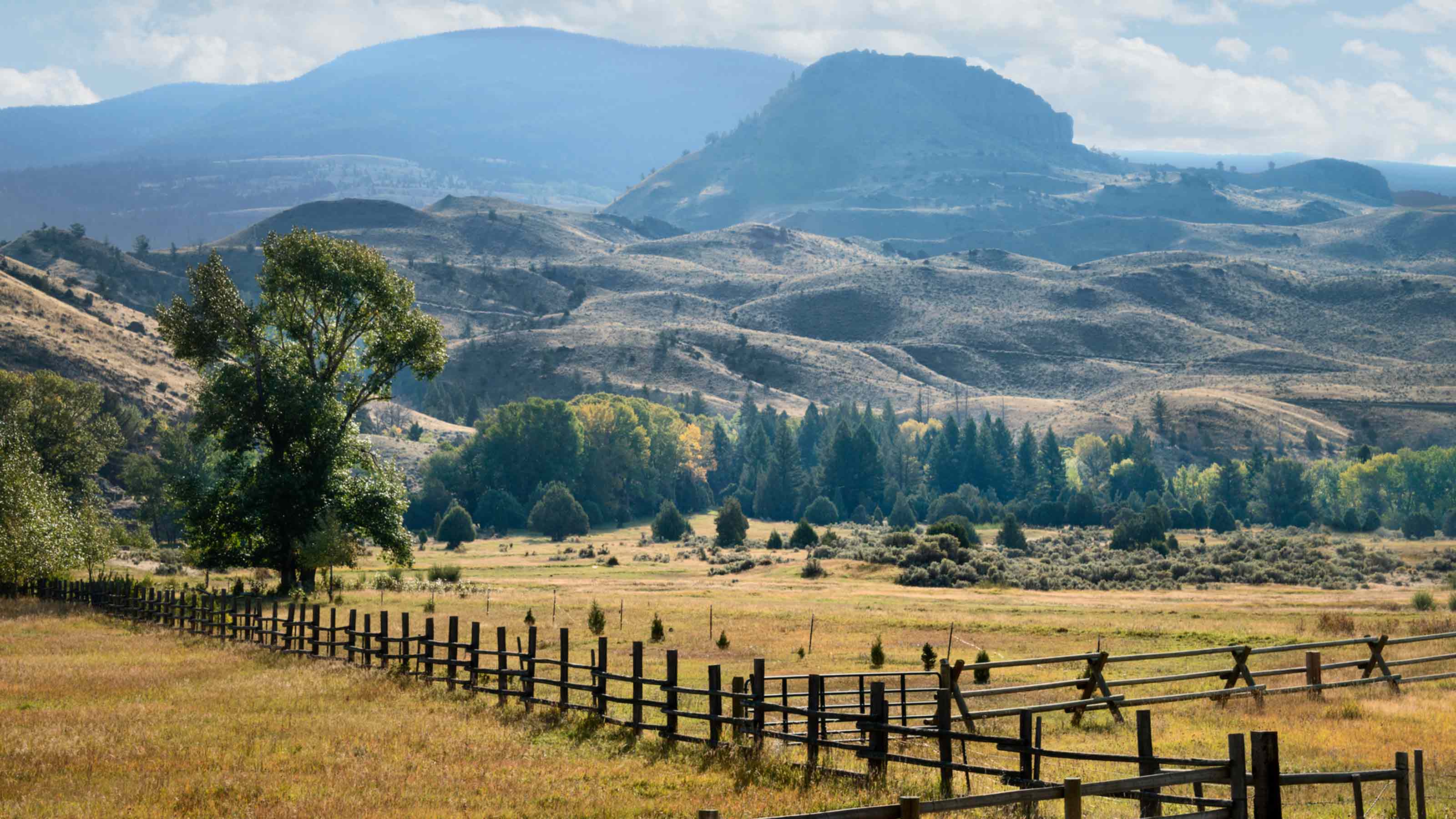
Navigating the complexities of state taxes can be daunting, but understanding Montana's tax landscape is essential for residents and newcomers alike.
In this guide, we'll explore key components of The Treasure State's tax system, from income and sales taxes to property taxes and retirement benefits.
Montana state tax: Overview
Montana doesn't have a statewide sales tax, which can make everyday purchases feel a bit lighter. In some tourist-heavy spots, you might run into a local resort tax, but for most residents, sales tax is not something to worry about.
When it comes to income tax, many middle-class families may find themselves in the top bracket, though changes in 2024 have lowered the rate.
Property taxes in Montana are generally lower than in many other states, which is a welcome benefit for homeowners.
[Data for this state tax guide was gathered from several sources, including the U.S. Census Bureau, the state’s government website, the Sales Tax Handbook, and the Tax Foundation. Property taxes are cited as a rate percentage rather than the assessed value.]
Montana income tax

Montana has a graduated state individual income tax rate ranging from 4.70% to 5.90%, according to the Tax Foundation.
Montana retirement taxes
Montana tax on retirement benefits: Montana does tax Social Security retirement benefits, but the amount taxed may differ from the federal taxable amount. Railroad Retirement benefits are not taxed in Montana.
Tax on Taxable Income: Low of 4.7% (on up to $21,100 for single filers and $42,200 for joint filers) and a high of 5.9% for taxable income exceeding those thresholds for 2025.
- Social Security: Taxable (Partially deductible)
- Pensions: Taxable
- 401(k) and IRA Distributions: Taxable
Montana sales tax

Montana does not have a statewide sales tax. However, some areas with populations less than 5,500 may impose a resort tax.
What is the property tax rate in Montana?

In Montana, the average effective property tax rate is 0.6%.
Source: Tax Foundation
Montana Property Tax Breaks for Retirees
Homeowner/Renter Credit: Some homeowners and renters may qualify for a tax credit of up to $1,150. To qualify, Montana residents must meet the following criteria.
- Be age 62 or older
- Have lived in Montana for a minimum of 9 months
- Have lived at the same residence for a minimum of 6 months
- Have household income less than $45,000
Montana gas tax

Gasoline |
$0.27 per gallon |
Diesel |
$0.28 per gallon |
Source: Sales Tax Handbook
Montana alcohol and tobacco taxes
Product |
Tax Amount |
|---|---|
Cigarette |
$1.70 per pack |
Other Tobacco Products |
50% of wholesale price |
Medical Marijuana |
4% |
Recreational Marijuana |
20% |
Source: Sales Tax Handbook
Product |
Tax Amount |
|---|---|
Wine |
$1.06 per gallon |
Beer |
$0.14 per gallon |
Liquor |
state-controlled |
Source: Sales Tax Handbook
Montana estate and inheritance taxes
Montana is one of the states with no estate or inheritance taxes.







